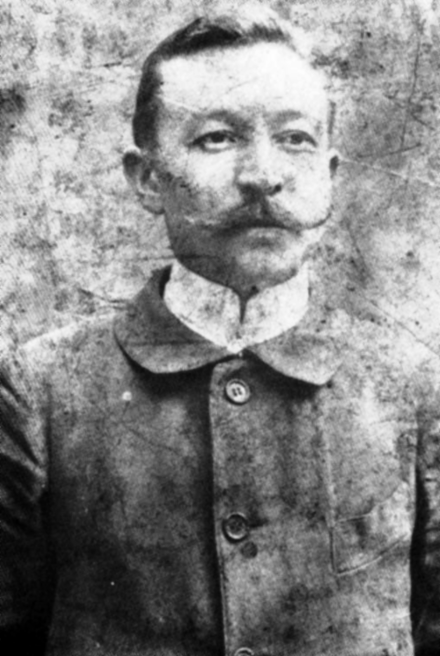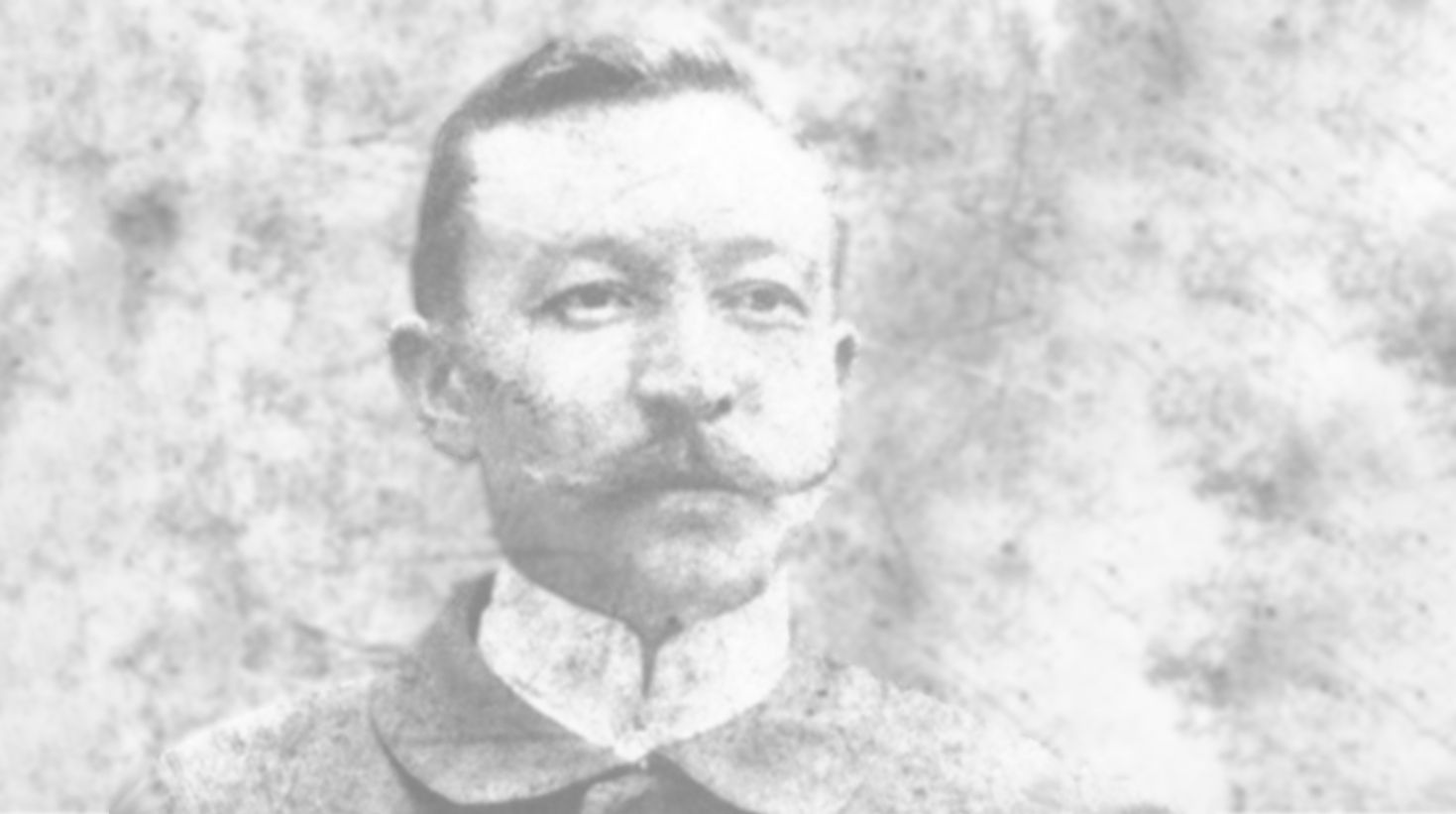
At the beginning of August 1914, a Pontivy teacher called Emile Masson, a writer, philosopher and engaged intellectual since the Dreyfus affair, (a French political scandal that lasted from 1894 to 1906), was immersed in the preparations for the 20th edition of BRUG, his revolutionary bilingual periodical directed at Breton folk who worked the land.
The war brought the publication to a standstill and decimated BRUG’s team of writers.
Emile Masson, distraught by the daily massacres, could no longer support the Union Sacrée’s patriotic propaganda, and the incessant call for the people to hate the enemy. Antimilitarist and non-violent, he rejected the idea of carrying a gun. Exempted from service for health reasons, he dedicated all his energy to resisting the war.
There were only a handful of pacifists. They were accused of “defeatism”, branded as cowards and traitors of the nation and were surveyed, pursued and occasionally condemned.
Despite the censorship, Emile Masson who was isolated at Pontivy, corresponded with Romain Rolland and the other few war objectors. Along with his wife, Elsie Masson, he participated in all the small pacifistic reviews that braved repression. In January 1916, his Call to Peace, distributed illegally, ended with, “How wretched War is!”
In his writings from the war years, he extols conscientious objection and a European reconciliation. In keeping with his campaign for Popular Education, Emile Masson affirmed: “It is more difficult to raise one man than it is to kill ten.” His “Utopia of blissful Pacific islands” imagined a society in which a pacifist education would lead to the disappearance of war.


